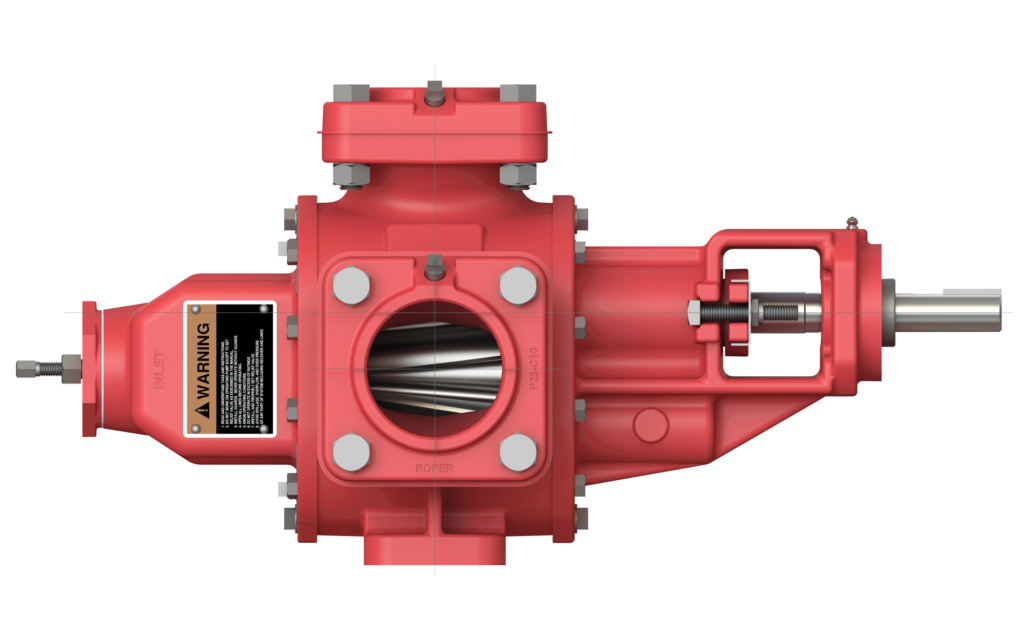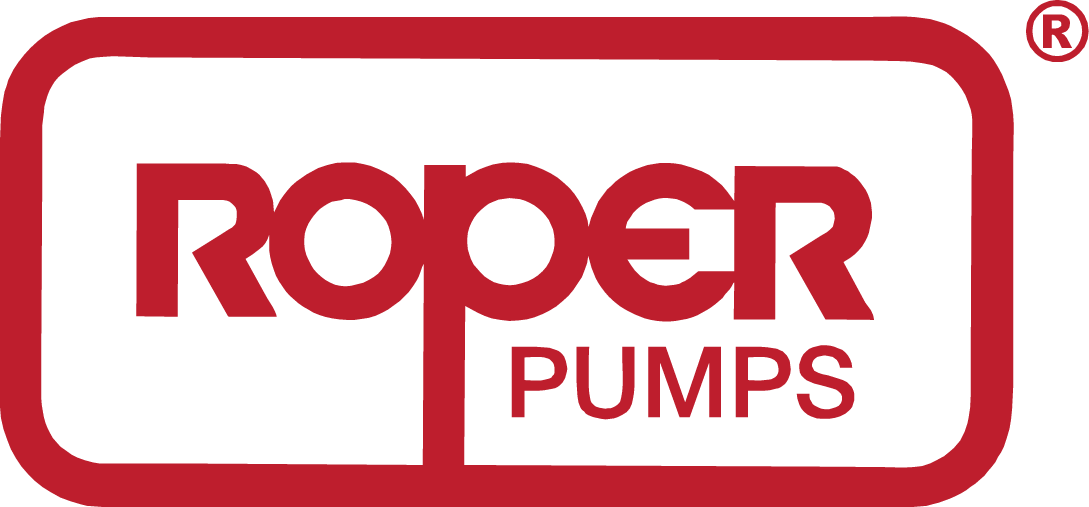Pumps are essential in a variety of industries, ensuring smooth and efficient fluid transfer across multiple applications. From manufacturing plants to oil refineries, the demand for quality pumps continues to rise as businesses seek reliable, high-performance solutions. Whether handling high-viscosity fluids or operating in extreme temperatures, selecting the right pump can significantly impact efficiency, maintenance costs, and operational success.
The Importance of Quality Pumps in Industrial Applications
Industrial operations rely on pumps to transport liquids, regulate pressure, and maintain system stability. Poor-quality pumps can lead to inefficiencies, frequent breakdowns, and increased operational costs. Investing in quality pumps provides several advantages:
- Enhanced Durability: Designed with high-quality materials, these pumps withstand demanding conditions and prolonged use.
- Efficient Performance: High-quality pumps offer superior flow control and minimize energy consumption.
- Reduced Maintenance Needs: Reliable pumps lower the risk of unexpected failures and costly repairs.
- Improved Safety: Properly designed pumps help prevent leaks, overheating, and other operational hazards.
Understanding the Role of High Temp Oil Pumps
In industries where extreme temperatures are common, specialized pumps are required to handle hot fluids efficiently. A high temp oil pump is engineered to withstand elevated temperatures without compromising performance. These pumps are commonly used in applications such as:
- Manufacturing and Processing: High-temperature oil is often used for lubrication and heat transfer in various industrial processes.
- Power Generation: These pumps facilitate the movement of heat transfer fluids in power plants.
- Chemical and Petrochemical Industries: Handling heated chemicals and oil requires pumps that can maintain consistent performance under extreme conditions.
Key Features to Look for in Quality Pumps
When choosing a pump for industrial applications, several factors should be considered to ensure optimal performance:
1. Material and Construction
- Pumps made from high-grade stainless steel or corrosion-resistant alloys last longer and perform better.
- Seals and gaskets should be designed to withstand high temperatures and harsh chemicals.
2. Temperature and Pressure Ratings
- A high temp oil pump should be rated for the specific temperature range required in your industry.
- Pumps should also handle varying pressure levels without performance degradation.
3. Flow Rate and Efficiency
- Select a pump that provides the necessary flow rate while minimizing energy consumption.
- Variable speed options can enhance efficiency and adaptability in different operating conditions.
4. Ease of Maintenance
- Pumps with modular designs and easily replaceable components reduce downtime.
- Access to spare parts and reliable customer support ensures longevity and optimal function.

Common Applications of Quality Pumps
Different industries benefit from high-performance pumps in various ways. Some of the most common applications include:
- Oil and Gas Industry: Pumps transport crude oil, refined products, and lubricants.
- Food and Beverage Processing: Ensuring sanitary and efficient liquid transfer in production lines.
- Pharmaceuticals: Precision pumping for drug formulation and sterile fluid transfer.
- HVAC Systems: Pumps regulate fluid circulation in heating and cooling systems.
Tips for Selecting the Best Pump for Your Needs
To maximize efficiency and longevity, consider these factors when selecting a pump:
- Analyze Fluid Properties: Understand the viscosity, temperature, and corrosiveness of the liquid being pumped.
- Assess Operational Demands: Ensure the pump meets your flow rate, pressure, and duty cycle requirements.
- Evaluate Energy Efficiency: Opt for energy-efficient models to reduce operational costs.
- Consider Future Scalability: Choose a pump that can accommodate potential expansions in production.
Future Trends in Pump Technology
As industries evolve, so do the technologies behind quality pumps. Some emerging trends include:
- Smart Pumping Systems: IoT-enabled pumps allow for real-time monitoring and predictive maintenance.
- Energy-Efficient Designs: Innovations in motor efficiency and impeller technology aim to reduce power consumption.
- Advanced Materials: New alloys and coatings enhance durability and chemical resistance.
Investing in quality pumps is crucial for maintaining efficiency, reliability, and safety in industrial applications. Whether you require a general-purpose pump or a specialized high temp oil pump, selecting the right solution can significantly impact operational success. By understanding key factors such as material quality, temperature resistance, and energy efficiency, businesses can make informed decisions that ensure long-term performance and cost savings. As technology continues to advance, the future of industrial pumping solutions looks promising, offering even greater efficiency and adaptability to meet industry demands.


